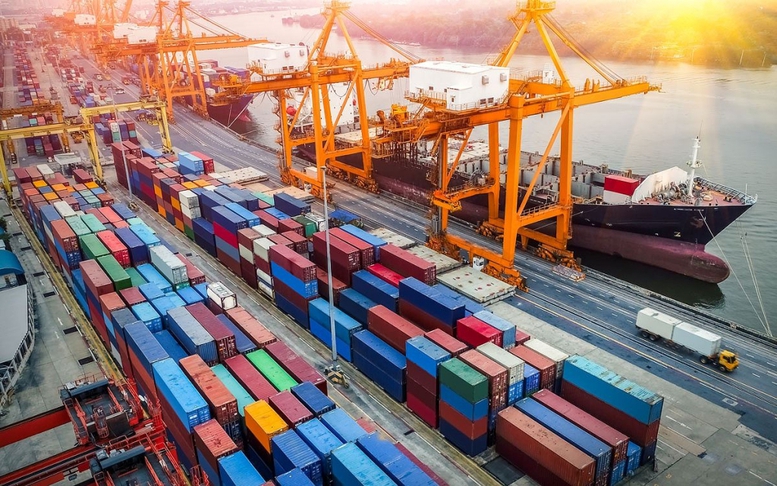
In the first seven months of 2025, Vietnam's goods exports stood out with an estimated value of US$261.8 billion, an increase of 14.6% compared to the same period in 2024 and exceeding the target for the whole year - Illustration photo.
Speaking with a reporter from the Government Online Newspaper, Mr. Nguyen Anh Son, Director of the Import-Export Department ( Ministry of Industry and Trade ), affirmed that the driving force behind export growth comes from many factors, but several key pillars can be clearly identified.
First and foremost, the Government has been actively involved with many comprehensive support solutions for the economy , notably those related to capital. Recognizing the difficulties posed by the external context, the Government has directed specific tasks to address export challenges, such as: proactively negotiating with partners on tariff issues, supporting businesses with market information and warnings, continuing to review and resolve difficulties and obstacles in business production projects, and carrying out strong reforms and simplifying procedures and licenses, with import and export being the focus.
In addition, trade promotion efforts continue to be innovated towards greater efficiency, applying information technology to connect supply and demand in new and potential markets. Efforts are also being made to disseminate information about free trade agreements so that the business community can better understand and utilize them.
Furthermore, the postponement of reciprocal tariffs with the United States and negotiations on a bilateral reciprocal trade agreement with the United States have prompted businesses to proactively push export orders to the United States in the first few months of the year. Exports to the United States in the first seven months of the year reached over $85.1 billion, an increase of 27.8%.
Increased pressure from trade protection measures.
However, the Director of the Import-Export Department noted that this breakthrough is accompanied by increasing pressure from trade defense measures. As of the end of July 2025, Vietnamese export goods had faced 292 cases of investigation and application of trade defense measures from foreign partners. Of these, anti-dumping cases still accounted for the majority with 160 cases, followed by 33 anti-subsidy cases, 59 safeguard cases, and 40 anti-circumvention cases. In the first seven months of the year alone, 15 new cases arose, including 10 anti-dumping cases, 2 anti-subsidy cases, 1 anti-circumvention case, and 2 safeguard cases. The list of products under investigation is expanding, from key export items such as solar panels, wood, steel, aluminum, textiles, seafood, and tires… to medium and small-scale products such as paper bags, honey, and paper plates.
To address this situation, Mr. Nguyen Anh Son stated that the Ministry of Industry and Trade has implemented a series of measures to protect businesses. The Ministry regularly monitors, cooperates with, and shares information, disseminates information on potential risks, and demonstrates its determination to combat origin fraud, illegal transshipment, and evasion of trade defense measures. Early warning systems have been strengthened, with lists of high-risk items subject to investigation updated at the end of each quarter and sent to ministries, sectors, localities, associations, and businesses for timely monitoring. In addition, the Ministry has also provided guidance and advice to manufacturing and exporting businesses on preparing transparent documentation to avoid investigation or, if an investigation does occur, to have a basis for effective response.
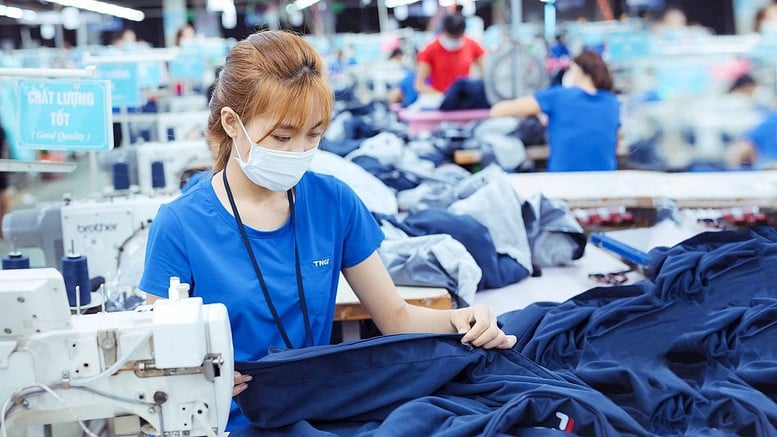
Textiles and garments are one of our country's key export industries - Illustration photo
Businesses need to take initiative.
Looking ahead to the remainder of 2025 and the years to come, Mr. Nguyen Anh Son emphasized the need to develop a strategic direction for sustainable export growth. Accordingly, the business community needs to be more proactive and flexible, closely following information and recommendations from the Government and relevant ministries and agencies, while promptly adjusting production and business activities to strictly comply with the regulations of importing markets. Compliance with quality, environmental standards, and rules of origin must be considered a prerequisite. Businesses also need to invest in research, technology application, and improve management capacity to increase the competitiveness of their products.
Mr. Son also clearly outlined the development orientation for each industry group. For the high-tech processing and manufacturing industry group, such as electronics and machinery, the goal is to continue increasing the localization rate, enhancing added value, and attracting more investment for the production and export of semiconductors and environmental goods.
For textiles and footwear – highly competitive industries – the urgent need is technological innovation, a shift to green production, and adherence to sustainability standards. For agricultural and aquatic products, the focus should be on promoting deep processing, building brands, and improving compliance with quality and food safety regulations. Regarding wood and wood products, the main focus should be on deep processing, product diversification, quality improvement, and brand building, leveraging Vietnam's significant advantages in raw materials and processing capacity.
Besides domestic solutions, leveraging opportunities from free trade agreements also plays a crucial role. According to Mr. Nguyen Anh Son, Vietnam has affirmed the correctness of its policy of integration and diversification of export markets through the signing and upgrading of new-generation FTAs. This is an "open door" for Vietnamese goods to penetrate major markets, while also attracting more investment and creating new resources for exports. Annual statistics show a continuous increase in the number of certificates of origin, reflecting that businesses have increasingly effectively utilized international commitments.
To further enhance their success, businesses need to thoroughly understand regulations, regularly update themselves on protectionist measures and trade barriers from partners, thereby taking advantage of tariff preferences and minimizing legal risks. Investing in technological innovation, applying digital transformation, and improving product quality are also essential to meet international standards, save costs, and enhance competitiveness. At the same time, businesses need to equip themselves with knowledge of trade defense, and cooperate closely with regulatory agencies to effectively respond to anti-dumping, anti-subsidy, or safeguard investigations from foreign countries.
"The Ministry of Industry and Trade will continue to support businesses by providing market information, assisting with capacity building training, and implementing trade promotion programs. The Ministry will also accelerate institutional improvements, creating even more favorable conditions for businesses to maximize opportunities from international integration, contributing to enhancing the position of Vietnamese goods in the global market," Mr. Nguyen Anh Son affirmed.
Anh Tho
Source: https://baochinhphu.vn/giu-da-but-pha-xuat-khau-nhung-thang-cuoi-nam-2025-102250820142925868.htm









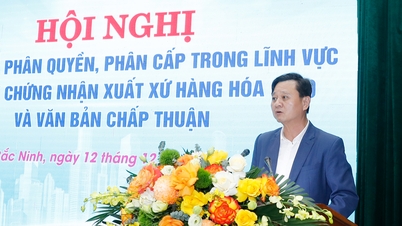





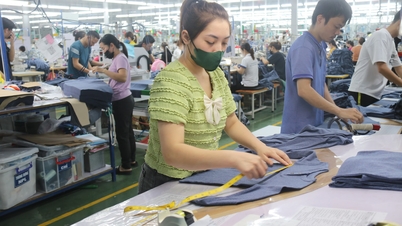

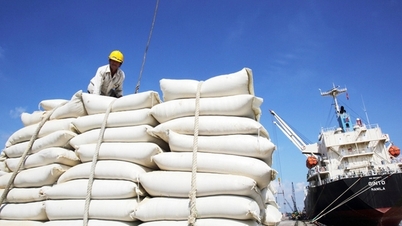






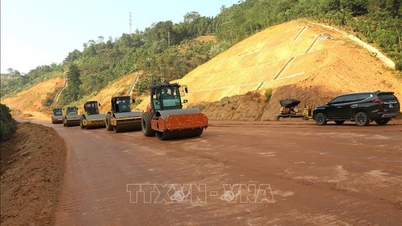






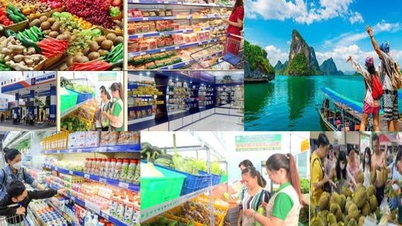





























































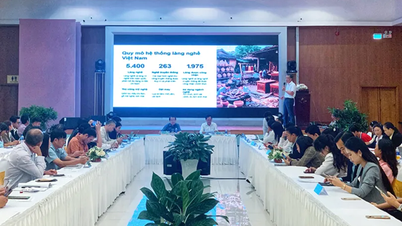


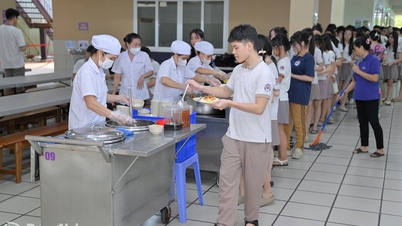

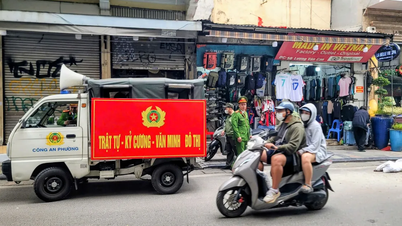











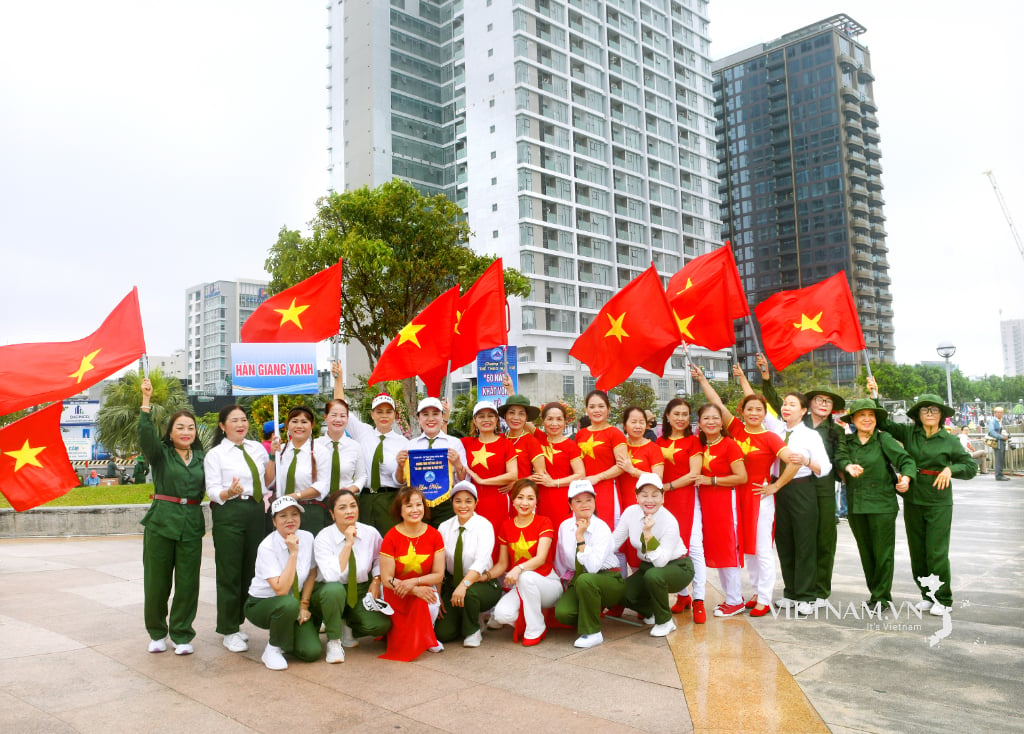


Comment (0)